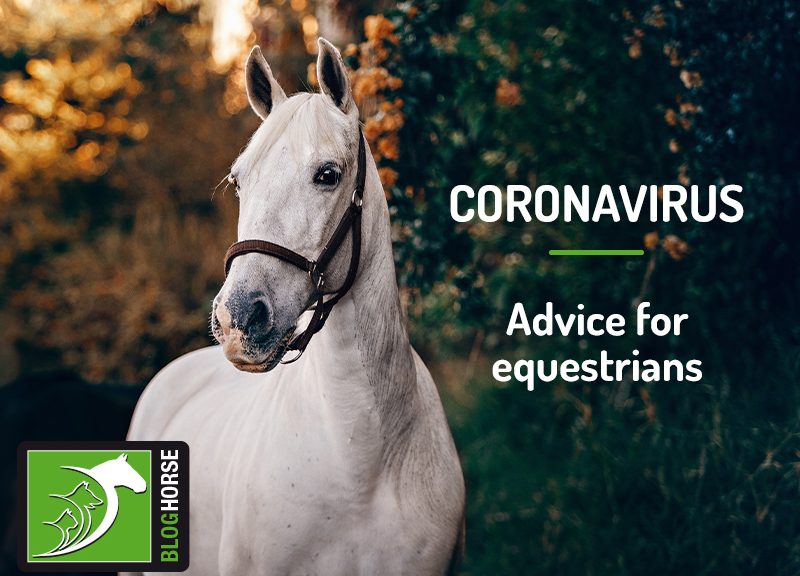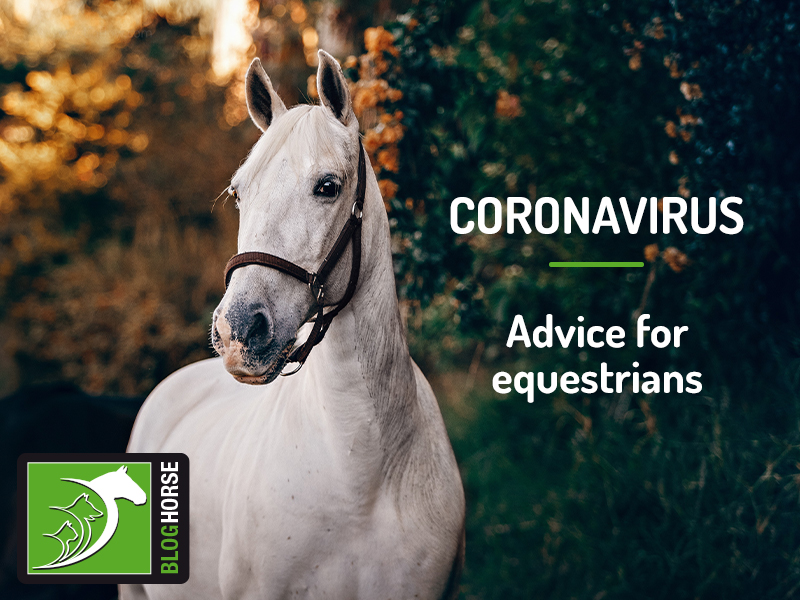With the UK in lockdown, it’s essential that you, as a horse owner, know what to do to ensure your horse is properly cared for whilst keeping yourself safe and complying with the government’s recommendations.
Attending to your horse’s basic needs is considered essential and, therefore, allowed. However, this means maintenance care only, so all extra activities should be temporarily suspended.
As you’re allowed to leave your house to exercise once a day, you should combine this with leaving your house to provide care for your horse to minimise the time you spend outside.
It is very important that you make these necessary changes to your and your horse’s routines, so we can all make our part in stopping the spread of COVID-19.
Prepare in case you need to self-isolate – have a plan ready
Make sure you have a plan of exactly what your horse needs and that you make arrangements with someone in case you’re not able to care for your horse, including details on how to deal with emergencies.
Sharing the care of bringing in and turning out can also allow you to increase the number of visits your horse receives, depending on how you plan your rota with your buddy.
Ensure you have sufficient supplies to last your horse two weeks, in case you need to self-isolate, including feed, bedding and medication, if required.
If you have any signs of COVID-19 or if you’re feeling unwell, stay at home and ask a family member or your buddy to care for your horse. Do not put yourself and others at unnecessary risk.
Living arrangements
If your horse is kept in livery, respect the protocols put in place, and work together with the yard manager to agree on a care plan for your horse.
Make sure you keep regular contact with your yard manager to familiarise yourself and keep updated with restrictions and advice, as these are likely to change over time.
If your horse is on a DIY livery arrangement, consider changing to full livery, if possible.
Roughing your horse off is also an option that will make caring for him or her easier, but you’ll need to monitor their weight closely as too much spring grass can lead to laminitis and other health problems.
Veterinary care
If your horse needs veterinary assistance or farrier care, professionals are authorised to visit your horse to meet their welfare and health needs.
Most veterinary practices are responding to emergency or urgent call outs only, and the same is to be expected of farriers.
However, if you are not sure if your horse needs to be seen or not, don’t hesitate to call your vet for advice.
What about exercise?
Regarding riding – accidents can (and will) happen and there is no need to put unnecessary stress on our already saturated NHS, so it is advised that you don’t ride during this time.
Safer alternatives to ridden exercise include lungeing, in-hand work, turn-out and ground schooling.
Keep in mind that, to date, there is no evidence that companion animals, including horses, can be carriers or spread the disease, and that staying informed is a valuable tool to help fight this pandemic. Make sure you keep updated on the latest government guidelines and follow WHO’s basic protective recommendations.
Would you like to know more about horses? Check our Equine Courses:
Equine courses



